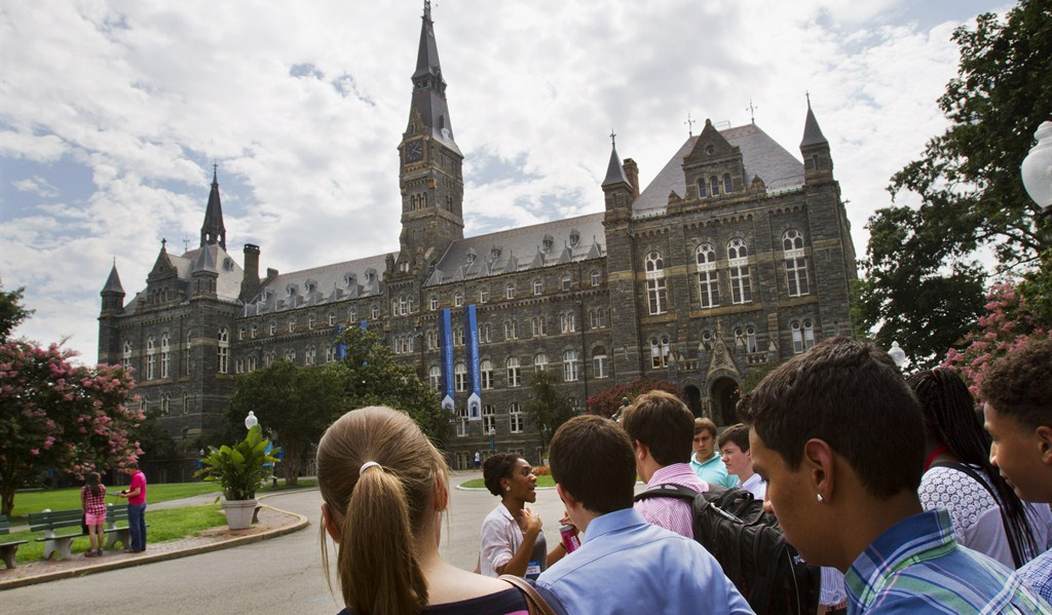The federal government posted a $41.3 billion profit on its student loan business in fiscal year 2013, a higher profit level than all but two companies in the world: Exxon Mobil ($44.9 billion) and Apple ($41.7 billion). USA Today reports:
The numbers track the entire fiscal year that ended Sept. 30. They come as concern continues to mount about the level of indebtedness by college students and graduates. Estimates show more than $1.2 trillion in student loan debt across the nation, more than the nation owes on credit cards.
...
Kelly Wilk, a December 2010 graduate from the University of Michigan-Dearborn, feels the impact of her loans all the time. She graduated with about $25,000 in federal loans and now owes slightly more than $22,000, with a monthly payment of $281."For some, this payment may not seem too bad," the 25-year-old Livonia resident said. "But for me, it is a huge monthly payment; it is pretty much a car payment or half of rent.
Student loan debt is crushing young Americans and it is the fastest growing type of debt in the nation. While credit card debt has grown by just 2 percent over the last two years, student loan debt has grown by 20 percent. Americans now owe more in student loan debt than any other consumer type of consumer debt except for mortgages.
And yet the federal government insists on continuing to subsidize it, which only sends tuition higher, forcing even more students to take on more debt.
There is a better way.
Recommended
Sen. Mike Lee (R-UT) is working on legalization that would reduce the price of higher education by dismantling the monopoly power existing colleges an universities use to keep tuition rising.
Lee's bill would empower states to create their own accreditation organizations, who would then be able to sanction new higher education options. Lee outlined in October:
Today, only degree-issuing academic institutions are even allowed to be accredited. Under the new, optional state systems that my bill would authorize, accreditation could also be available to specialized programs, individual courses, apprenticeships, professional credentialing, and even competency-based tests. States could accredit online courses, or hybrid models with elements on- and off-campus.
...
Imagine having access to credit and student aid and for:
- a program in computer science accredited by Apple or in music accredited by the New York Philharmonic;
- college-level history classes on-site at Mount Vernon or Gettysburg;
- medical-technician training developed by the Mayo Clinic;
- taking massive, open, online courses offered by the best teachers in the world... from your living room or the public library.
Brick-and-ivy institutions will always be the backbone of our higher-education system, but they shouldn’t be the only option.
If these new models were to succeed, they would create a virtuous cycle. Traditional colleges would be impelled to cut waste, refocus on their students, and embrace innovation and experimentation as part of their campus cultures.
This reform could allow a student to completely customize her transcript – and “college” experience – while allowing federal aid to follow her through all of these different options.
Students could mix and match courses, programs, tests, on-line and on-campus credits a la carte, pursuing their degree or certification at their own pace... while bringing down costs to themselves, their families, and the taxpayers.
The federal government should not be in the business of subsidizing debt for anyone, but particularly not young Americans just starting to live on their own. More Republicans should embrace Lee's vision for a different higher education solution.

























Join the conversation as a VIP Member